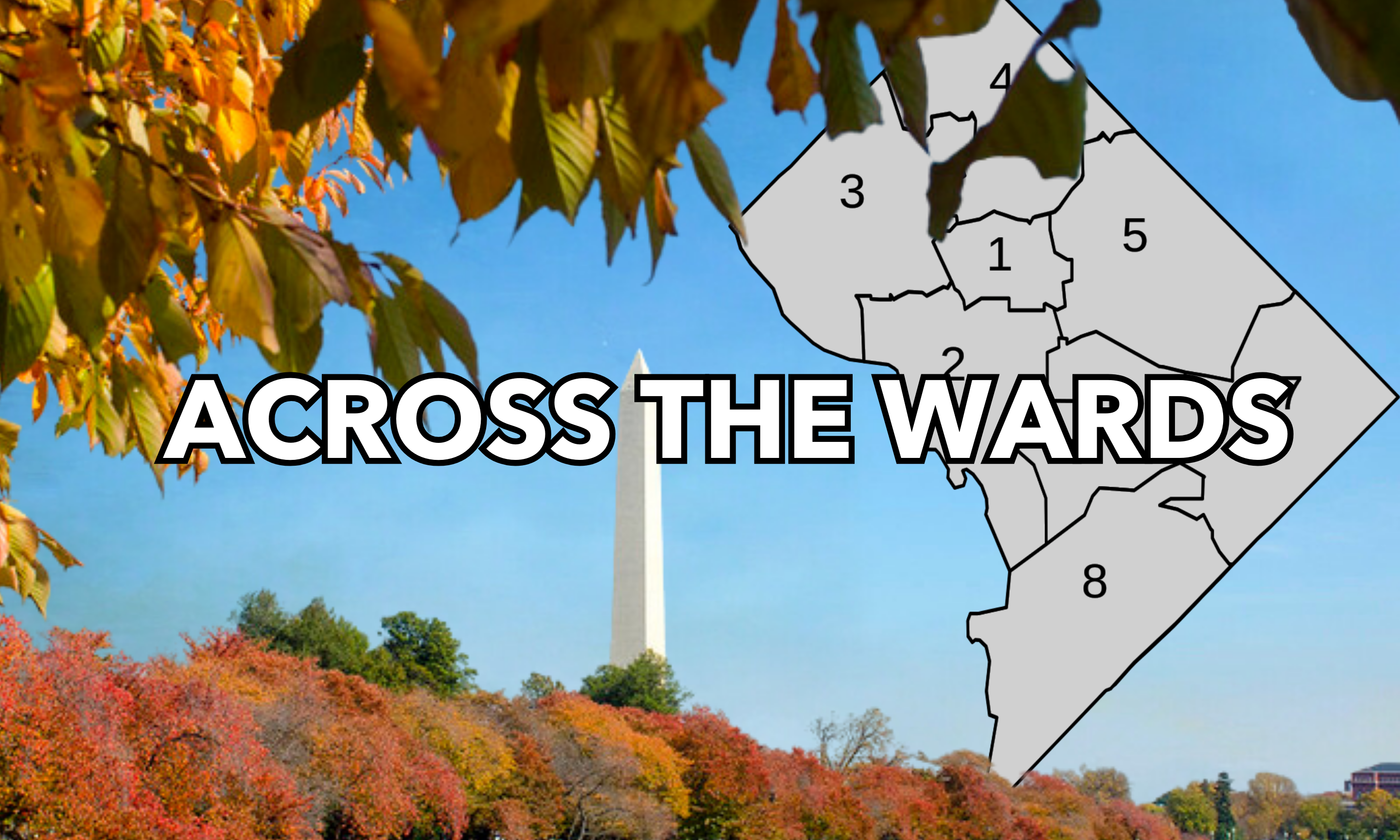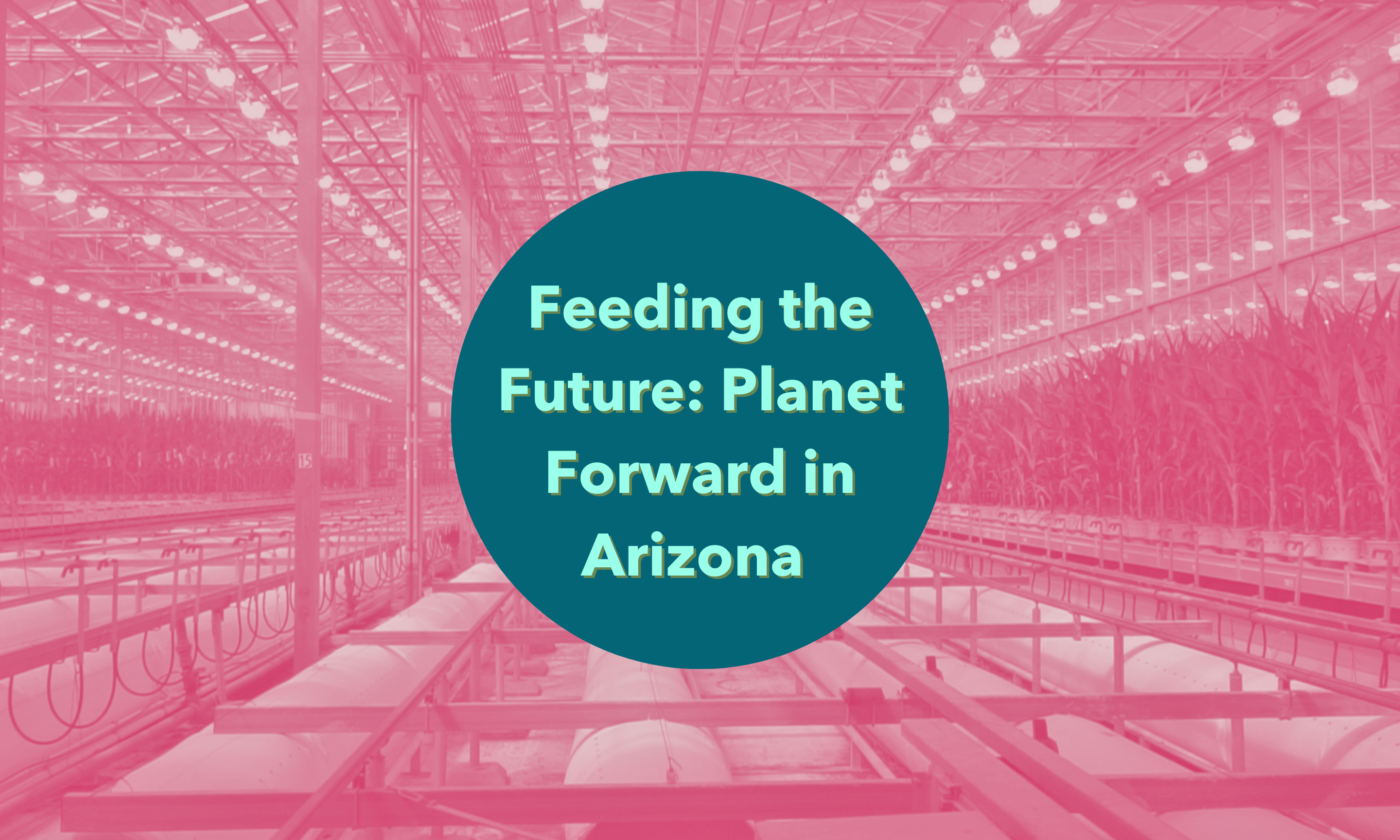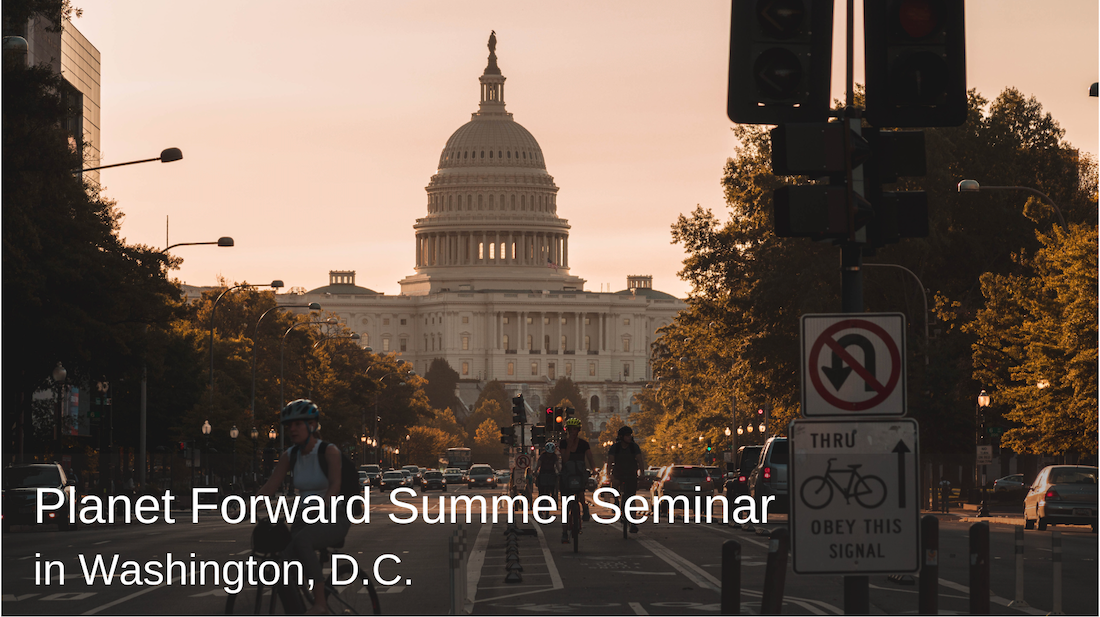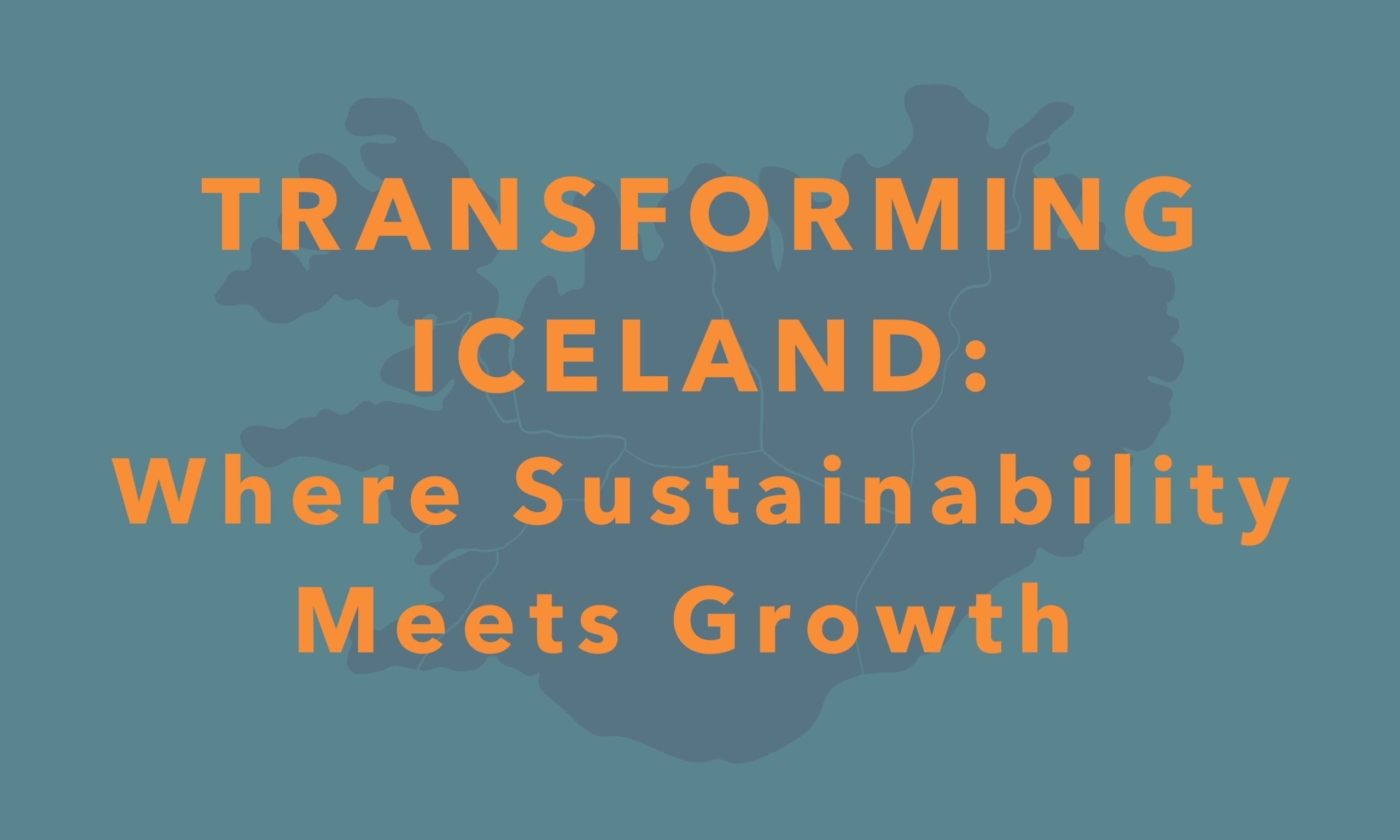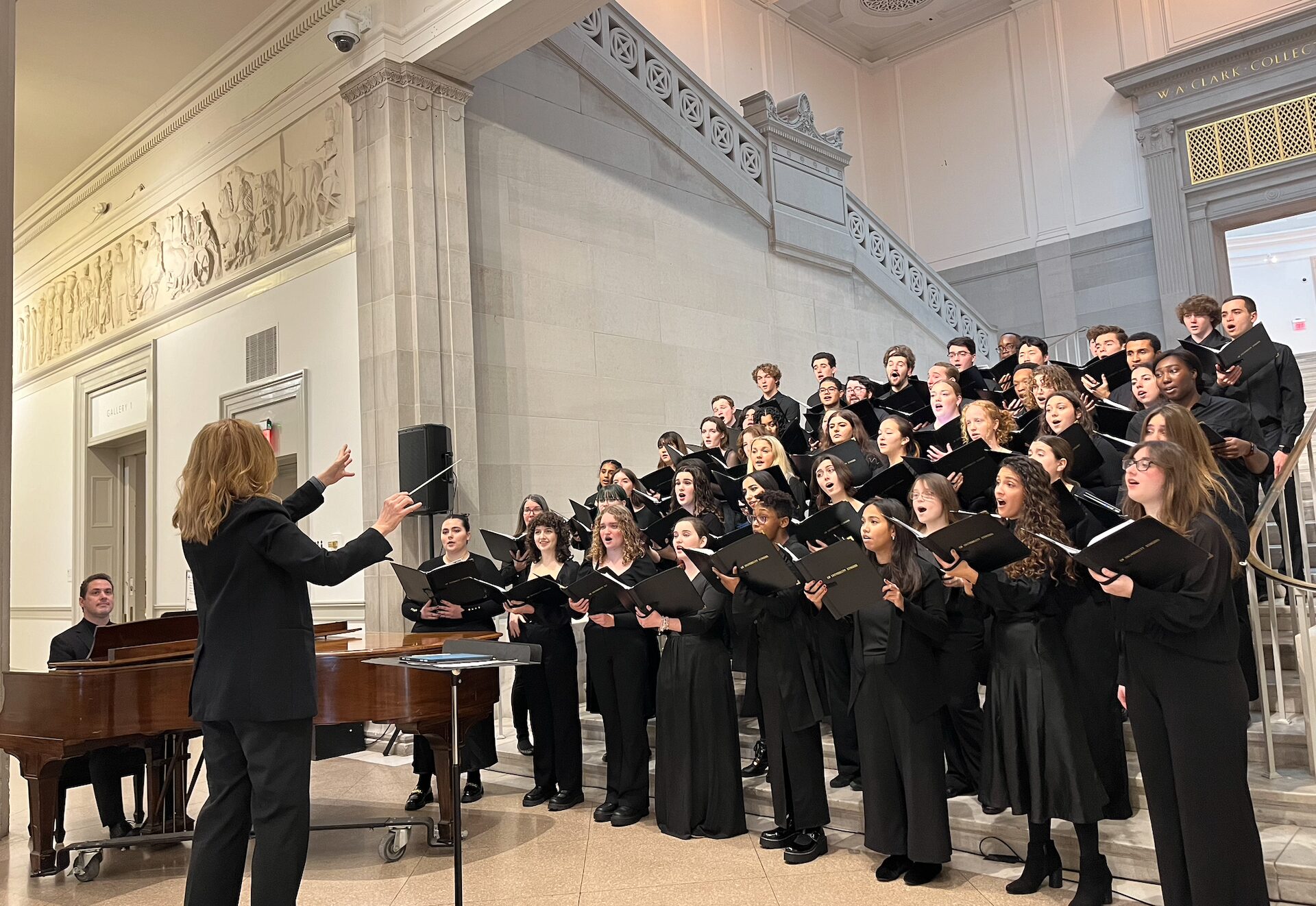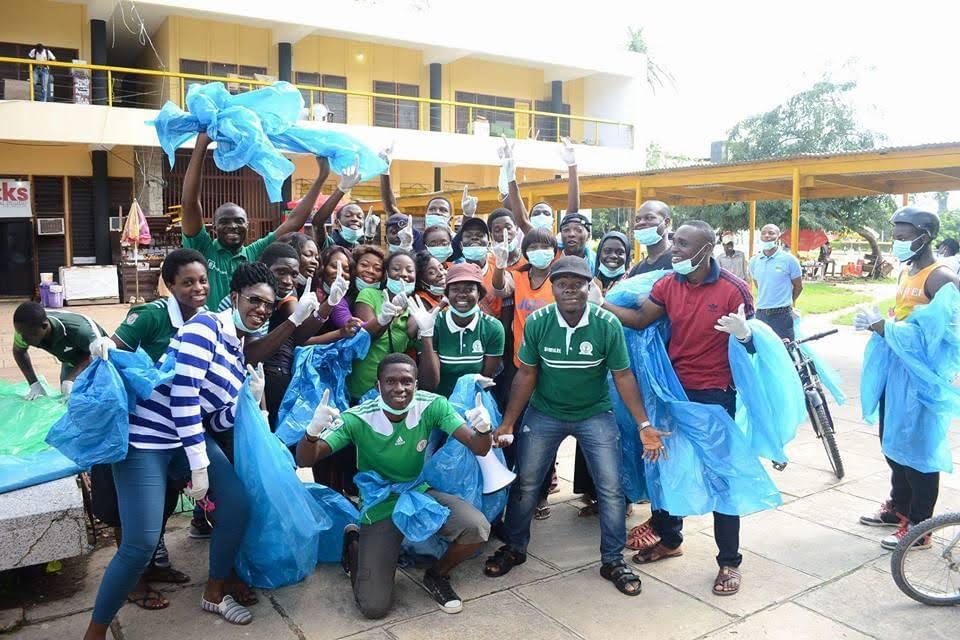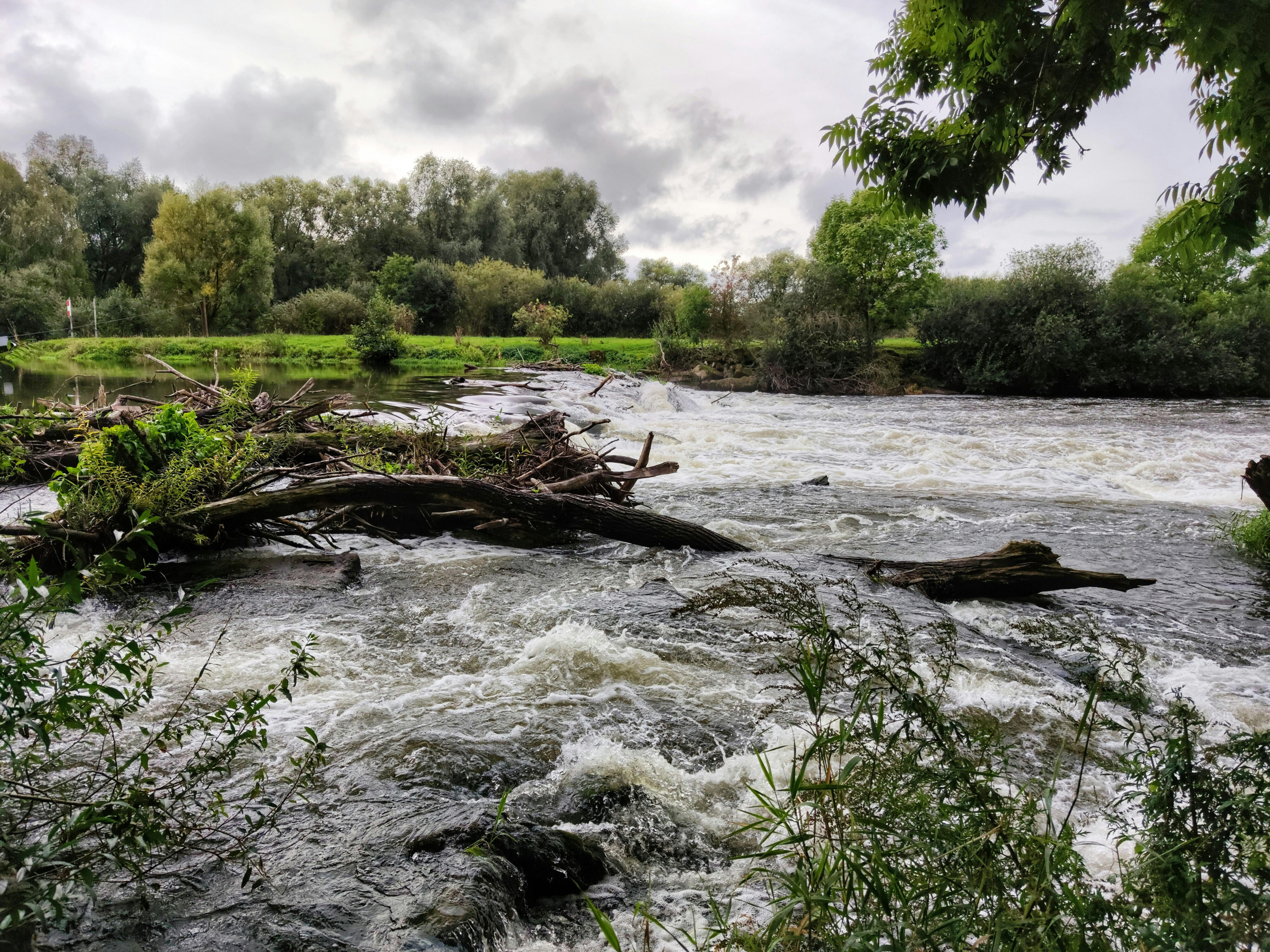Chico State Sustainability
California State University, Chico has a long-standing and deep institutional commitment to sustainability. Forward-thinking leadership from CSU administration coupled with numerous grassroots efforts over the years have led to the institutionalization of sustainability as a core value and guiding ethic of the University. In 2006, sustainability was added as the sixth priority to the University’s Strategic Plan. In 2007 University President Paul Zingg became one of the founding signatories of the ACUPCC and the same year established the Institute for Sustainable Development to guide campus sustainability efforts.
Student Preparedness
Since 2005, CSU, Chico has hosted an annual student-focused sustainability conference, This Way to Sustainability. Revision of the entire GE curriculum has now made it possible for students to complete all of their GE courses by following a new pathway for sustainability which culminates in a Minor in Sustainability. There are over 250 designated sustainability courses across the curriculum. Numerous student sustainability groups and internship opportunities are available on campus. In 2006, the Associated Students established a Green Fund – which has since supported over 100 diverse student sustainability initiatives. University Housing has coordinated a range of sustainability programs, including RecycleMania, Campus Conservation Nationals, Diversion Excursion, and an Eco Resident Certification. The University also manages about 5,000 acres of ecological reserves, which are used for student research, service learning and outdoor education.
Climate Innovation
The University’s Campus Sustainability Committee has developed a Climate Action Plan targeting climate neutrality by 2030. Five focused sub-committees work to forward initiatives in different sustainability focal areas. The Institute for Sustainable Development has hosted an annual California State University system-wide sustainability summit for the past four years to advocate for system-wide sustainability initiatives, including a CSU Energy and Sustainability Policy. The University has worked closely with the City of Chico, including faculty and students sitting on the City’s Sustainability Task Force since its inception, conducting the City’s first community-wide GHG Emissions Inventory, and ISD staff playing a principal role in the development of the City’s 2020 Climate Action Plan. The University’s Rawlin’s Professorship of Environmental Literacy has hosted speakers including Lester Brown and Richard Heinberg.
Creating Opportunity
The University’s third GHG Emissions Inventory was completed in 2013, and found that net institution-wide emissions levels had decreased by 37% – including decreases in emissions from nearly every source within the scope of the inventory. The most substantial reduction resulted from a switch in purchased energy providers, one of the primary CAP Actions. Additional reductions have resulted from: an award-winning five-building MBCx project; a fifteen-building lighting retrofit resulting in up to 60% energy savings; campus-wide building use consolidation during nights and weekends; adoption of on-campus car-sharing and ride-sharing programs; the expansion of campus bicycle support facilities; expanded promotion of the University’s full subsidy of transit ridership for all students, staff and faculty; on-campus vehicle access limitations; conversion of fleet vehicles to high efficiency models; the installation of 10 EV recharge stations and nearly 500 kW of solar panels; and the installation of a 1.2 million gallon thermal energy storage tank.






